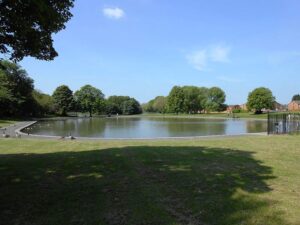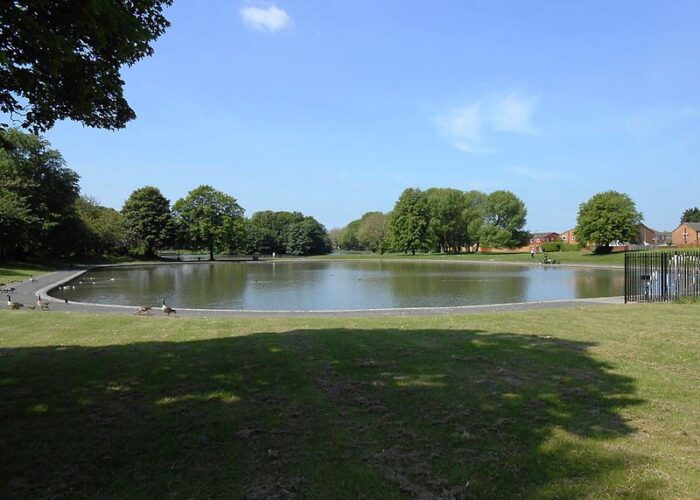
Walton Hall Park residents remain defiant against Everton’s proposed move to the area as a new report reveals details about the development.
The club has been based at Goodison Park since 1892, but the plans could see Everton move to 130-acre Walton Hall Park in a development which would also bring housing, leisure and retail facilities to the area.
However, campaigners say that the move will destroy valuable green space, disrupt wildlife and affect residents’ quality of life.
The report, commissioned by Liverpool City Council and carried out by consultancy firm Volterra Partners, assessed the feasibility of the move. With input from the council, Everton FC and Liverpool Mutual Homes, it is estimated that work could begin in 2017.
Arguing that the club’s current home is failing to deliver in comparison to other modern stadiums, the report says: “Goodison Park does not offer the modern facilities that many other Premier League club grounds of Everton’s stature have. The current capacity is also limiting the ability of EFC to generate competitive match day revenues.”
As well as outlining benefits for the club and visitors, it claims that regeneration would be advantageous to the area, adding: “Walton Hall Park would benefit from investment to achieve its full potential and assist in regenerating the local area.”
The plans are said to have the potential to deliver 900-1,250 jobs as well as housing for 11,600 to 2,200 people. The report says the park is currently “not successfully maximising the enjoyment and satisfaction that a park of this size and stature has the potential to deliver”.
However, some local residents are unconvinced and determined to keep the park as it is.
Beverly Kenyon, the founder of ‘Save Walton Park Hall’ told JMU Journalism: “Me and the residents are against it. A lot of people use the park as their garden. It’s the only place for the children, where they can play and socialise.”
Kenyon is also sceptical about the report’s promises, saying: “It will bring some jobs, but not the amount they say it will. The jobs would be zero hour, agency and part-time and the wages would be low.”
Kenyon also said that Liverpool Council is partly responsible for the park’s levels of usage, saying: “It’s not used as much as parks like Sefton, because the council have stopped a lot of events. We used to have firework displays, dog shows, fun runs and circuses but that was stopped. No events are held like they are in other parks.”
She added that wildlife would be affected by the wide-range of proposed outlets, saying: “There’ll be constant traffic and pollution with all the new places. There’s squirrels, foxes and all sorts, and they’ll be disturbed.”

